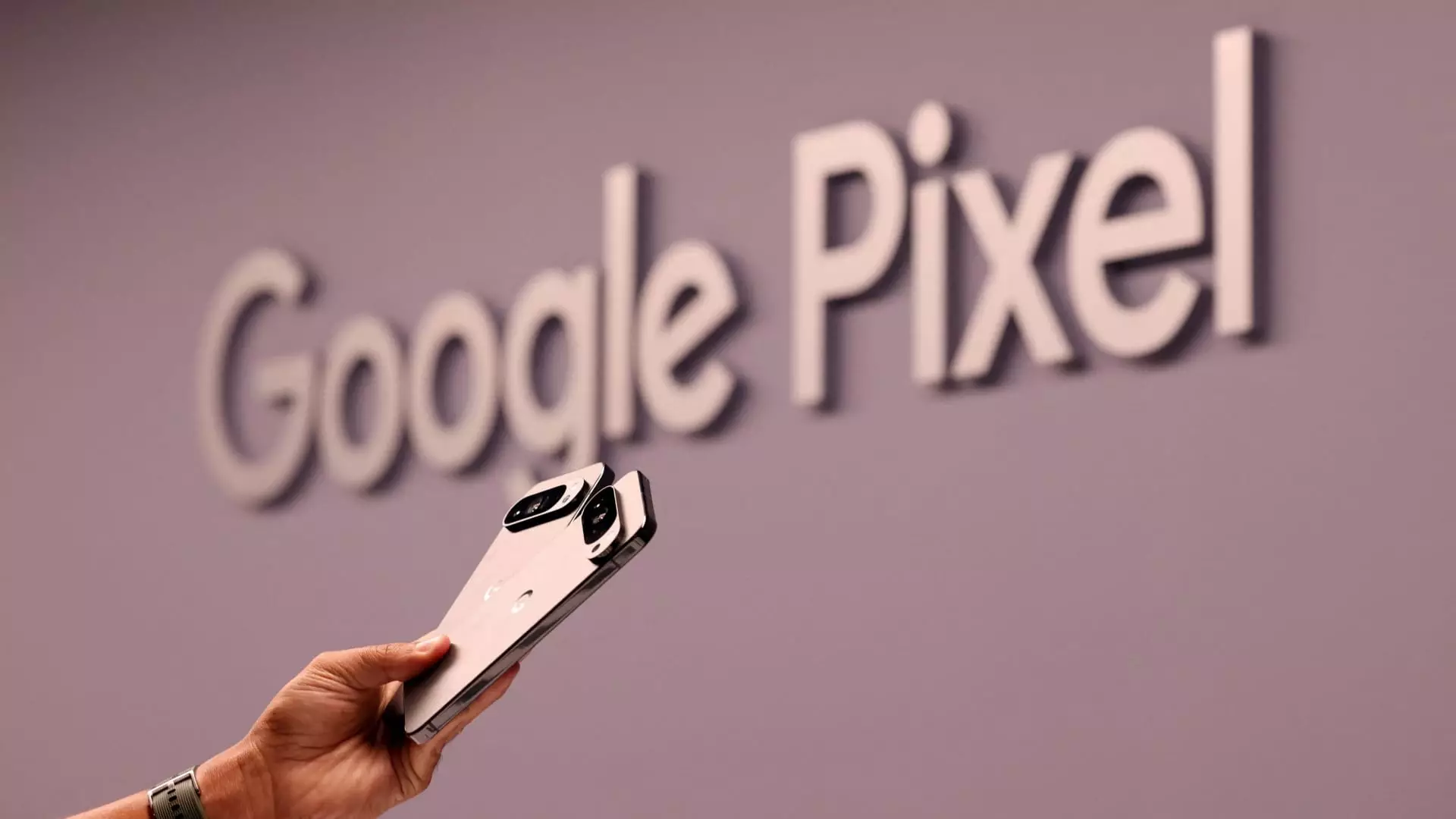Google’s latest foray into artificial intelligence, marked by its Pixel 10 series, appears at first glance to be a monumental leap forward. The tech giant presents these devices not merely as smartphones but as gateways to a future dominated by “agentic AI”—machines capable of executing complex, autonomous tasks. Yet, beneath the shiny veneer of new features like “Magic Cue,” live call translation, and camera coaching, lies a sobering reality: Google’s promises may be more about maintaining control than truly redefining what AI can do for users. The company’s real battleground isn’t just about rival technology; it’s about holding onto a shrinking slice of a rapidly evolving landscape where user loyalty is volatile and revenue streams are increasingly threatened.
What stands out is the emphasis on AI that works seamlessly across multiple platforms—especially Android, the world’s most pervasive operating system. Google’s strategy leverages its control over Android’s vast ecosystem to seed its Gemini AI models into billions of devices, aiming to create a “flywheel effect” of adoption and dependency. However, this approach is far from revolutionary; it’s an elegant form of market consolidation. The potential risks are clear: by anchoring users to features that are tied to Google’s infrastructure, the company subtly raises barriers to switching brands, locking users into an ecosystem that benefits Google far beyond the smartphone itself. This isn’t genuine innovation; it’s strategic domestication.
Furthermore, Google’s focus on AI appears to be driven less by a passionate pursuit of technological breakthroughs and more by a defensive posture against emerging competitors like OpenAI and Perplexity. These rivals, fueled by fresh capital and innovative research, threaten to siphon away user attention and, with it, advertising revenue—Google’s lifeblood. If AI replaces traditional search or diminishes its importance, the company’s core revenue model could suffer disastrous consequences. The question is whether Google’s AI enhancements are meant to revolutionize user experience or merely to shore up an aging business model until a more compelling alternative comes along.
The broader issue here is the societal and political implications of Google’s AI ambitions. While the company claims to be pioneering a future where AI assists us in daily tasks, such claims often mask a more insidious reality: the consolidation of power. By controlling not just search but the very algorithms that determine which information we see and how we interact with technology, Google wields a quiet but formidable influence over public discourse and consumer choice. The company’s strategic focus seems to be on entrenching its dominance rather than fostering an open, competitive environment where innovation genuinely benefits the consumer.
One cannot ignore the enormous opportunity that Android’s widespread reach offers, yet it also raises critical questions about the company’s intent. The potential to influence billions of devices is both a blessing for rapid deployment of AI tools and a threat if it results in homogenized user experiences rooted in Google’s proprietary ecosystem. This monopolistic tendency might stifle competition and limit user agency in the long term. Instead of empowering consumers with diverse AI solutions, Google’s play appears to be about creating a controlled environment where its AI features serve its interests above all else.
Adding to the complexity is the uneven landscape created by Apple’s apparent lag in AI development. While Google continues to push ahead, boasting new features and strategic integrations, Apple’s cautious approach to AI leaves its users arguably unprepared for the kind of AI-driven interactions that are imminent. But this gap also exposes a vulnerability: if Apple eventually delivers a compelling AI experience, the entire equation could shift overnight, leaving Google’s carefully curated ecosystem vulnerable to disruption. The current lull in Apple’s AI strategy is less a sign of strength and more a potential trap for Google—an opportunity to cement dominance that might not be as secure as it seems.
At its core, Google’s AI strategy is a calculated effort to preserve its dominance in a changing world. It is less about revolutionary innovation and more about reinforcing existing power structures—capitalizing on its Android empire to entrench AI deeply into the fabric of daily life. Whether these moves will benefit consumers or simply serve as a digital veneer masking ongoing monopolistic practices remains a question that deserves more scrutiny. As the AI landscape evolves, it will be interesting to see if Google’s approach is a masterstroke or a short-sighted attempt to cling to relevance amidst disruptive rivals.

